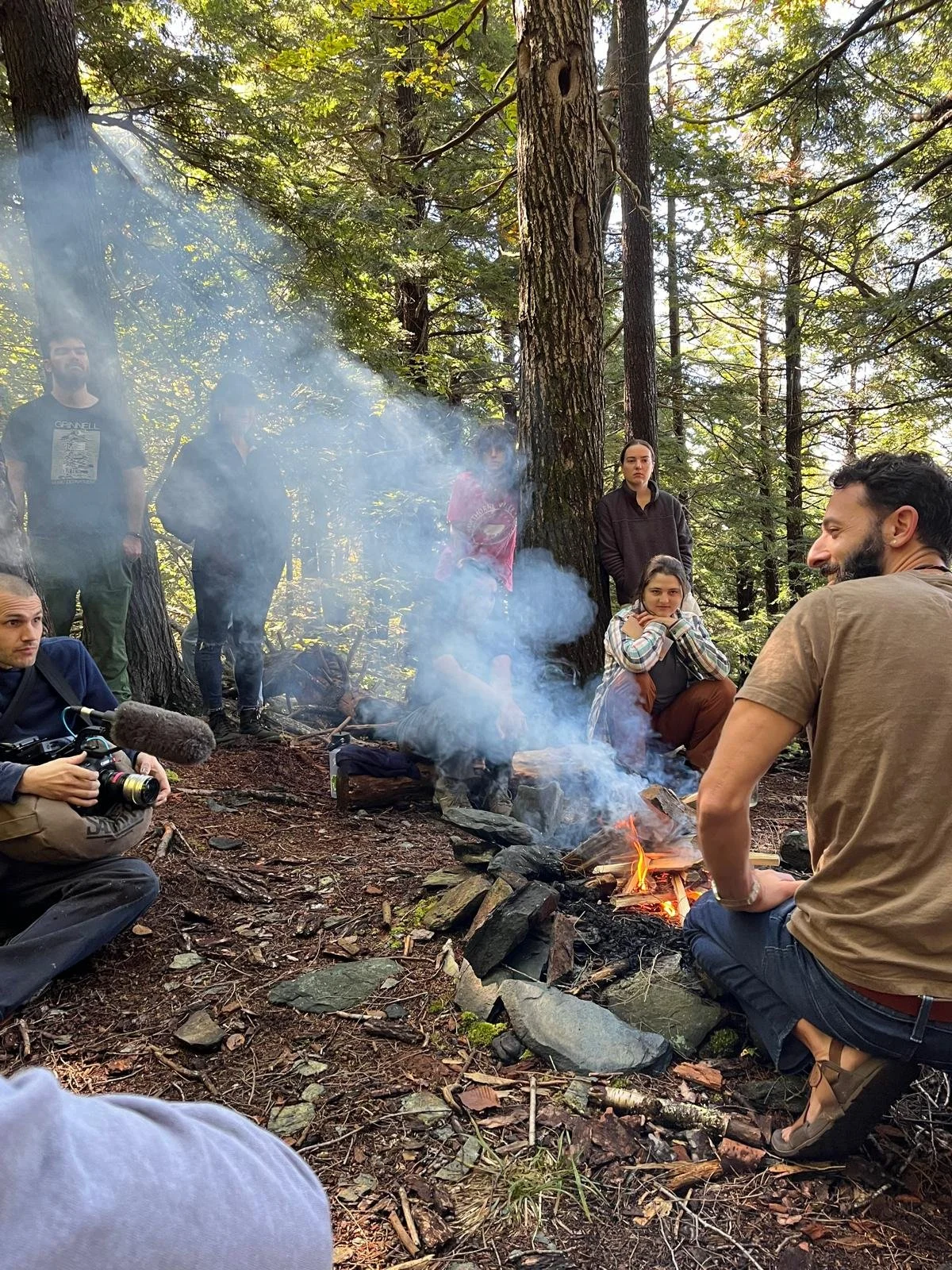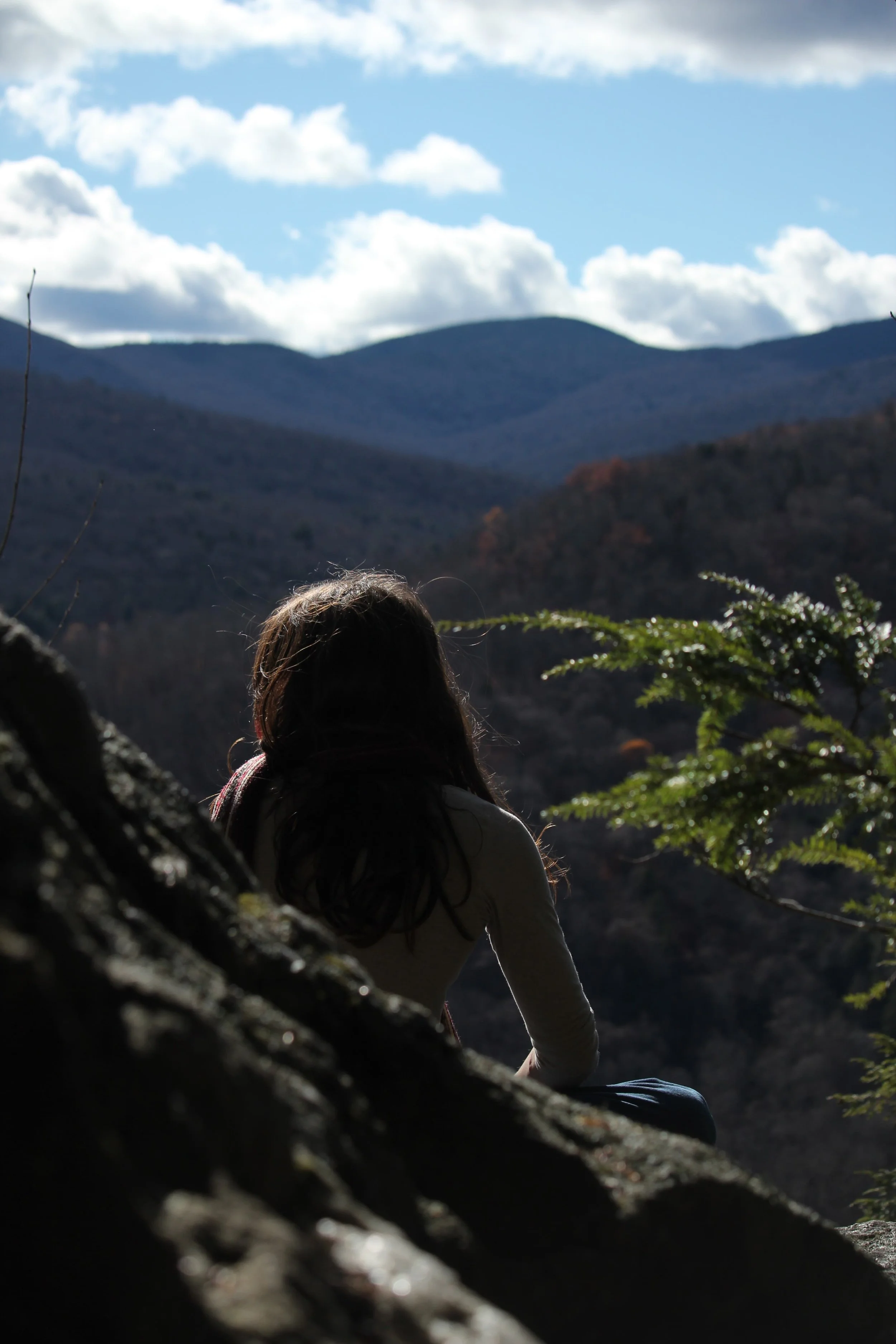
COURSES
Four interwoven, deeply experiential courses equip you with the inner-grounding, clarity of purpose and radical love to face the intensity of our times with courage and wisdom.
Twelve college credits are offered optionally through a partnership with Naropa University.
The graphic below illustrates the three branches of contemplative wisdom explored in the courses. Individual course descriptions follow.
1. Sacred Earth, Sacred Self: Integrative Approaches to Ecological and Spiritual Development in a burning world
with Rupert Marques
Elders within both indigenous societies and contemplative traditions have long sought out the refuge of the wider natural world in order to become more intimate with a larger ground of belonging. These sages and elders of old deeply understood that the nature of their own being was not separate from mountains and rivers and this great wide Earth. We continue in this long tradition, exploring the invitation of these mutually reinforcing approaches of nature-based practice and contemplative practice. Our intention is to invite a deepening intimacy with creation through the landscape around us as well as the inner landscape of our own hearts and minds, coming to see that there is no fundamental separation between these.
Our exploration is heavily weighted toward experiential learning with extended time for contemplative practice and nature-based practice. This is supported by a diverse range of teachings, readings, audio and visual resources as well as group inquiry, individual mentorship, and retreat practice.
2. Building Beloved Community: Relational Mindfulness & Nonviolence
with Shea Riester, Maya Park & guest teachers
How can we, through our day-to-day thinking, communication, and actions, build toward our vision of the Beloved Community? This course provides an in-depth examination of the principles of Nonviolence as taught by the Buddha, Gandhi, King, and modern scholars, and how to practically apply these principles toward a more just and loving community and world. In tandem students learn and practice relational, social, and psychological skills, including embodied presence, deep listening, Nonviolent Communication, and conflict transformation. Woven throughout is an awareness of the dynamics of power, privilege and identity in human groups, and how to navigate the inevitable tensions these dynamics surface with fierce vulnerability and compassion.
3. Conditional Natures: Investigating Relationships between Place, Community, and Self
with Bonnie Tai 戴豪蔮, Ed.D.
This course aims to cultivate and hone our ability to investigate and understand the relationships between individuals and the social and environmental contexts that condition our experiences and perceptions of self and other. Students will develop the ability to investigate the nature of mind in relation to conditions—natural and social. This includes the ability to observe, explore, and understand various ways that humans construct self and other and how those constructions serve systems of power, domination, control, as well as mutuality, interdependence, and reciprocal flourishing—between and among human and beyond-human beings. Students will develop an awareness of and discernment between relative and absolute self, with the ultimate aim to hone skills that cultivate relationships of care and accountability with the relative self, groups, and systems to co-create a world of mutual flourishing. Students will engage in daily and retreat practice, experiential learning, multimodal reflection, and discussion of practice and content.
4. The Sound of the Genuine: Contemplative Discernment of Path and Purpose
with James Underberg
Many young adults (and older adults!) are looking around our tumultuous world and wondering, “Um, what? What am I supposed to do here? What is my path, my place, my purpose in this dumpster fire?” These are important, challenging, and meaningful questions. And, they are not the primary focus of this class. Like the difference between finding a cup of water and digging a well, this class focuses on building a relationship with the source where our path and purpose emerge: a place of deep knowing that can take in the needs of the world and the communities we are a part of and point us to authentic, purposeful, and socially-conscious living in every domain of life. Philosopher and civil rights leader Howard Thurman calls it the “sound of the genuine in you.” Vajrayana Buddhism and Sufism speak of the “inner guru.” The Bible calls it the “still, small voice within,” and the Quakers call it the “inner teacher.” In this class, we will investigate the particular ways of attuning to our inner guidance that work best for each of us, cultivating an easeful, patient, and lifelong practice of learning to follow its call towards a life of greater authenticity, meaningfulness, and care of self, community and world.





